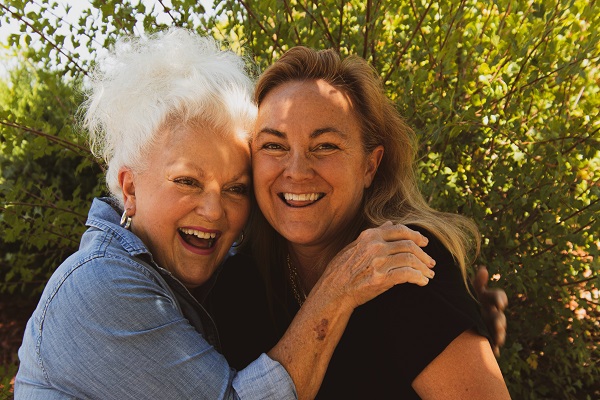
Picture this: a family grappling with a difficult decision. It is a decision that’s both emotionally charged and necessary for the well-being of a loved one. Many of us have been in or will face a similar situation at some point – that moment when we realize our loved one needs more support than we alone can provide. Making the right choices in such circumstances is crucial, as it affects the individual in need and shapes the caregiving journey for those around them.
Recognizing Signs of Need
Sometimes, the signs are subtle. A change in behavior, a loss of interest in activities once enjoyed, neglect of personal care – these indicators can sneak up on us. Being vigilant and maintaining open communication with your loved ones can help you identify these signs early on. Is your parent, who once loved gardening, now uninterested? Does your partner forget to take medications? These shifts might seem small, but they can be telling signs that external support is needed.
Assessing The Level of Care Needed
Understanding the level of care required is like putting together a puzzle about your loved one’s well-being. You must consider their physical health, cognitive abilities, emotional state, and more. It’s essential to consult medical professionals to gain insights into the appropriate level of care. A holistic assessment helps you align with your loved one’s needs and preferences.
Considering Care Options
The care options are diverse, from in-home care to assisted living communities. In-home support, like the ones from Encore Caregivers, provides familiarity and comfort. Assisted living communities offer a sense of community and professional care. Research, visit facilities, and discuss preferences with your loved one. It’s not just about finding care; it’s about finding the right care.
Involving Your Loved One in The Decision
Imagine being in their shoes – the fear, uncertainty, and vulnerability that come with the realization of needing help. Involving your loved one in the decision-making process is crucial. Engage them in open conversations about their needs, desires, and concerns. This inclusion empowers them and makes the transition smoother. Their voice matters, and it can significantly impact their emotional well-being during this phase.
Addressing Emotional Reservations
Caregivers and family members often grapple with emotional reservations. Guilt, fear, and apprehension are common emotions that can be managed. Understand that seeking help demonstrates love and responsibility, not a sign of abandonment. There are stories of individuals who have overcome these feelings, discovering that their decision led to improved quality of life for their loved ones.
Navigating The Transition
Transitioning to a care arrangement requires practical steps and emotional support. Organize legal and financial matters, ensure medical records are accessible, and create a welcoming living space. During the adjustment period, maintain regular communication and visits. Remember that the initial discomfort is part of the journey, and seeking support from caregiver networks and professionals can ease the challenges.
Time To Act
As caregivers and family members, the decisions we make are steeped in empathy and concern. Making caring choices is not a sign of weakness; it’s a reflection of strength. By recognizing signs, assessing needs, considering options, and involving our loved ones, we create a supportive environment that promotes their well-being. Addressing emotional reservations and navigating transitions require courage, but the rewards are immense – a higher quality of life for those we hold dear.
Related Articles & Free Email Newsletter Sign Up

How Does Medicare Cover Preventive Health Services?
How to Choose an Assisted Living Facility





Comment here